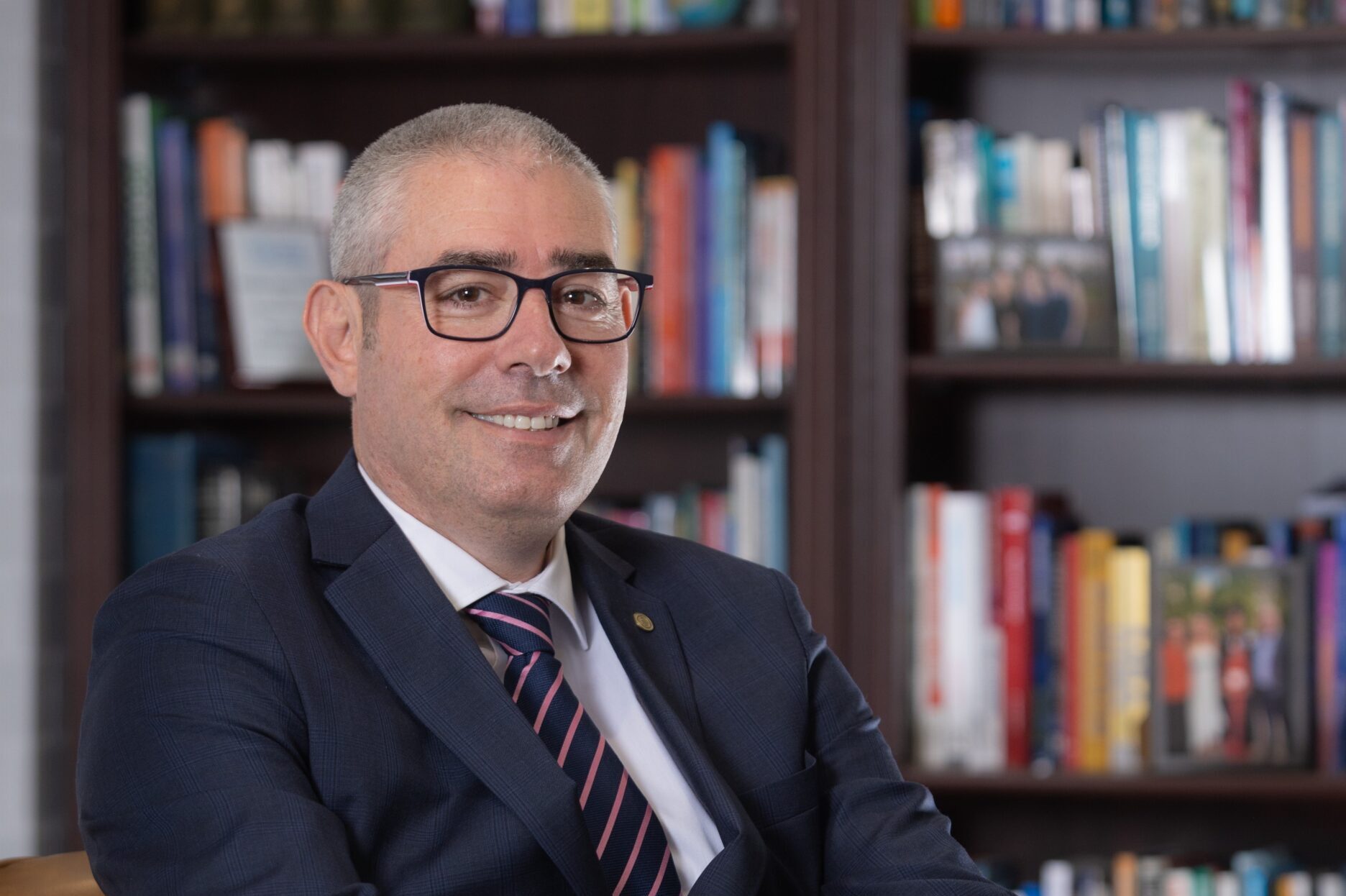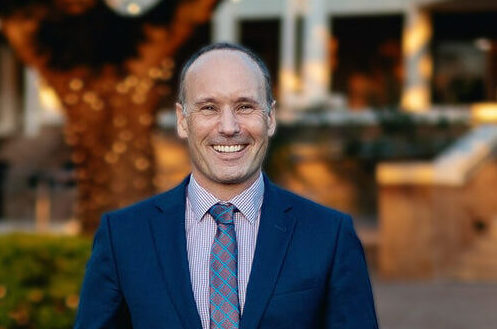Nate Atkinson – Northholm Grammar School
How has the role changed over time, and what trends do you see shaping the future of school leadership?
I have noticed the role of Principal evolves over time. My view has been informed by my time as a deputy principal in a K-12 school where I saw the principal able to be influential in all aspects of school life and being able to act with agility and purpose into each area. I have seen the role further broaden as took on a more significant place a as deputy and then overseeing two schools in my first appointment as principal and CEO. The scope of what the contemporary principal is required to oversee and have knowledge of is quite vast; from financial and business knowledge and skills to the leading and advancement of the educational offering (always the main thing!) to WHS, grounds management, people and culture, risk and even the odd toilet sweep out or late night attending to the school alarm system! I am far more inclined, in this era, to make it a priority to seek out the best senior leaders who will take charge of key portfolios to fulfil our key objectives and to operate as a true team. Today’s principals need highly skilled senior leaders to work with them. I would say, that being a people developer pays the biggest dividend in today’s landscape.
What professional learning or growth opportunities have been most beneficial in your leadership journey?
The role of the principal today is akin to that of a CEO in most large organisations. A broad range of skills is required and more and more those related to the business functions of a business. I have found building knowledge, skill and experience across the full spectrum of skills, alongside of education, to be very beneficial. While I am by no means an expert, in fact I consider myself a continual learner with a healthy sense of imposter syndrome, I have been able to grow my business acumen by completing the GAICD Course. To have a deeper understanding of governance to support the operational elements of school leadership has proven to be of great benefit in K-12 independent and fully autonomous schools I have served in. Alongside of building business acumen, to lead the way in being a learner in the school is also significant. I decided to continue to pursue doctoral studies to further my own development, but at the same time also provide an example to leaders, staff, students and parents in life-long learning. In that pursuit, my advice would be to following a thread of curiosity in an area that excites you and that will profit the schools and wider landscape in which you are embedded.
What advice would you give to those aspiring to principalship?
Leading schools today is an all-consuming project. You must, must, be wholeheartedly committed to this as a life project. What is so critically important to being able to enter into principalship wholeheartedly for optimum achievement is ensuring life outside of the role is set up with the support structures and balance needed so you can focus and devote your whole self. As I approached preparation for the role, I was very skill and experience orientated and deliberately sought out opportunities to grow in those areas. It is just as critical to undertake an audit and start purposefully creating the support and lifestyle structures, relationships and routines that will work for you. You can be just as deliberate in that arena for even greater benefit. And when you are appointed in your principalship, don’t ever neglect or take for granted those relational, support and lifestyle structures that allow you to be whole-hearted in the role. The role demands it, and you must have those things in place before you start; they take time. Consciously ask yourself ‘What are the key relationships in my life?’ ‘How will I give life to them?’ ‘ What personal supports do I need to thrive?’ And, ‘What lifestyle habits and routines best support my well-being?’ Give equal attention to developing these as you are no doubt giving to developing your leadership skills and knowledge.

Recent Posts
LEADREAD 3: Invisible labour: Principals’ emotional labour in volatile times

LEADREAD 2: Executive Functions Conceptual Framework and Relevance for Education

Leading and Learning: Insights from Principals

Leading & Learning: Insights from Principals

LEADREAD 1: Portrait of a Leader
